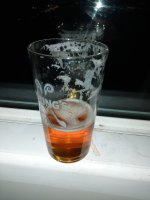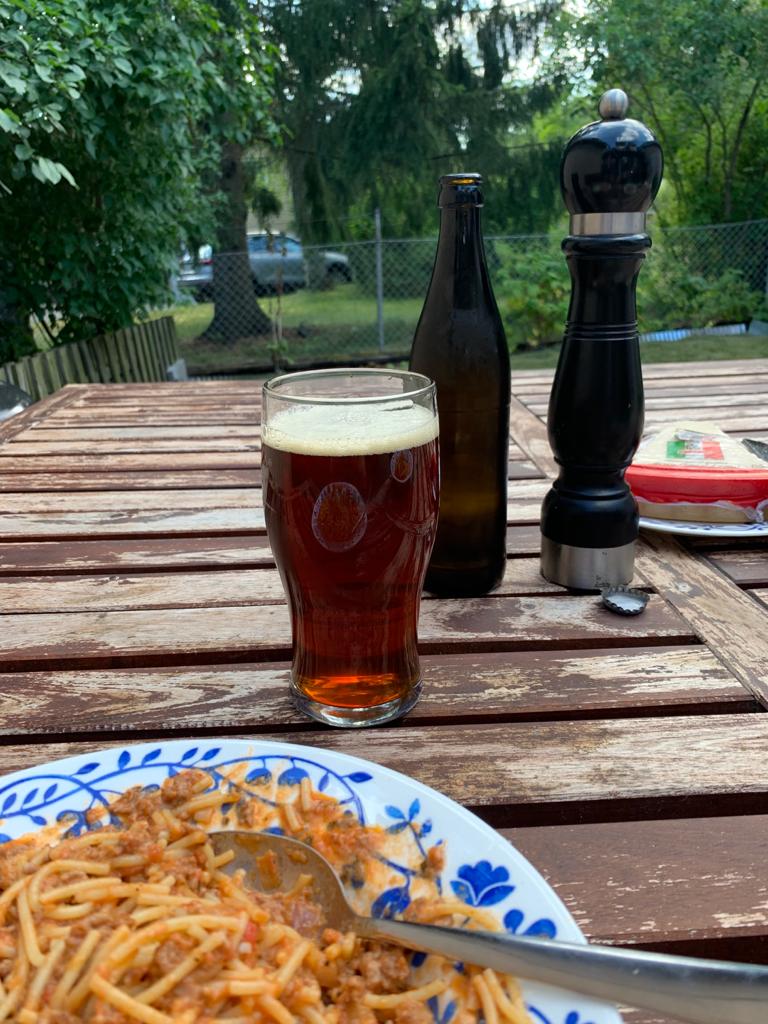We keep bees and have for years both in UK and here in NZ.An enquiry about the original recipe was sent to Robinson's using your link, DuncB. Any reply will be posted. Probably the original recipe didn't include Flaked Maize, but many northern breweries used it before WWII and still is to this day.
The enzyme invertase, used by beekeepers to replace honey in hives, is possibly the least error prone method, but it is a much slower process.
Most beekeepers use sugar syrup in the winter and raw sugar ( not refined white ) in the spring / summer.
I've followed the invert sugar recipe on the Suigeneris site which is similar to others out there. Adding a different sugar does help with the crystallisation, I used a bit of honey for the fructose and the flavour didn't come through. But you can just get plain fructose.
I'm not that fearful of the open ferment just haven't done one for a while, when I started brewing with extract I used to stir the beer vigorously every day at least once. I used to think get the CO2 out to drive the reaction equation better.
Won't try that tactic when I do an open ferment though anymore.
Last edited:


 How much value has Ron given the brewing world and you personally I'd say a lot. I have two of his books (but left one on an airplane).
How much value has Ron given the brewing world and you personally I'd say a lot. I have two of his books (but left one on an airplane).

























![Craft A Brew - Safale S-04 Dry Yeast - Fermentis - English Ale Dry Yeast - For English and American Ales and Hard Apple Ciders - Ingredients for Home Brewing - Beer Making Supplies - [1 Pack]](https://m.media-amazon.com/images/I/41fVGNh6JfL._SL500_.jpg)

































